If, as seems to be reliably reported, the Morrison government has decided both to sign up next month to the Global Compact on Migration (GCM), and to vote in the United Nations General Assembly (even as we write) to endorse its ‘twin’, the Global Compact on Refugees (GCR), then, subject to one last despairing caveat below, that government’s days are now irrevocably numbered.
The only possible caveat would be if these decisions were taken unilaterally by the new Minister for Foreign affairs, Senator Marise Payne, who since replacing Julie Bishop has been well and truly ‘captured’ by her departmental bureaucrats – ‘citizens of nowhere’ with an agenda that holds in contempt the views of average Australians. That possibility, however, must almost certainly be dismissed. Given the known opposition to the GCM by the Minister for Home Affairs, Peter Dutton, we can also safely assume that he would have opposed our UN vote endorsing the GCR. That alone must surely have rendered Cabinet consideration necessary in both cases.
Some of our readers – many, perhaps – may be unfamiliar with these two UN proposals. Despite having been jointly generated by the UN’s so-called New York Declaration for Refugees and Migrants more than two years ago (19/09/16), and despite our own Department of Foreign Affairs having been closely associated with their drafting processes ever since, public reference to the GCM only surfaced in our media a few months ago, while public reference to the GCR has been even more muted. It is not going too far to say that in both cases there has been a conspiracy of silence directed to averting, so far as possible, any public discussion of them.
Both developments, along with the so-called Paris Agreement on Climate Change – an agreement fostered by former US President Obama, but from which President Trump has already set in train the procedures for US withdrawal – are part of the underhand UN ambitions to transfer immigration, refugee, energy and other legal powers from sovereign nation states and place them instead securely in the hands of UN bureaucrats away from pesky democratic processes.
Supporters of these two new insidious proposals will point to the clauses declaring them to be ‘non-binding’, pooh-poohing our claim that they represent serious threats to Australian sovereignty. They should look at our experience to date with the (also ‘non-binding’) Paris Agreement, where Australia was recently presented with a new financial demand for some hundreds of millions of US dollars for that body’s Green Climate Fund, and bitterly assailed when we refused to pay up. Both the GCM and the GCR texts also contain similar proposals for financial levies on those developed countries foolish enough to sign up to them.
So where does this leave us? Ever since Scott Morrison replaced the ineffable Malcolm Turnbull three months ago, this journal has done its best – having in mind the ghastly Bill Shorten alternative – to support his and his government’s best efforts.
But if the Morrison government goes ahead and signs Australia up to these follies, thereby putting at risk our precious sovereignty and hard-won border security, it will be impossible to continue doing so.
Making history
For better or worse, #MeToo has become one of the defining phrases of the decade. With its combination of twitter brevity, salacious implications, Salem-like political overtones and tabloid popularity, the deceptively simplistic hashtag has dominated headlines whilst putting the fear of God into many a politician and public figure. How history will view the #MeToo finger-pointing phenomenon remains unclear, but it is already changing our world.
Thanks to the generosity and inspiration of the Thawley family, this magazine is proud to promote fresh writing and creative talent through the annual Spectator Australia Thawley Essay Prize, now in its fifth year. The winner takes home $5,000, gets published and enjoys a slap-up meal with the judges, including Michael Thawley, John Howard and the Speccie editor.
The theme for this year’s essay is ‘The Next Great Hashtag’. How you interpret that is up to you, but feel free to be as provocative, engaging and insightful as your skills allow. Already, prize-winners have gone on to contribute regularly to this magazine and elsewhere, and this week you’ll find yet another piece by one of them, Tony Letford. For full details of the Prize, go to: spectator.com.au/thawley18
Got something to add? Join the discussion and comment below.
Get 10 issues for just $10
Subscribe to The Spectator Australia today for the next 10 magazine issues, plus full online access, for just $10.
You might disagree with half of it, but you’ll enjoy reading all of it. Try your first month for free, then just $2 a week for the remainder of your first year.


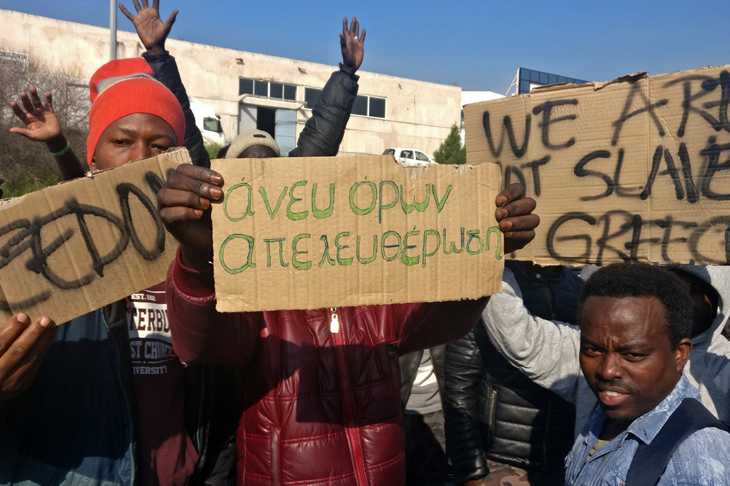
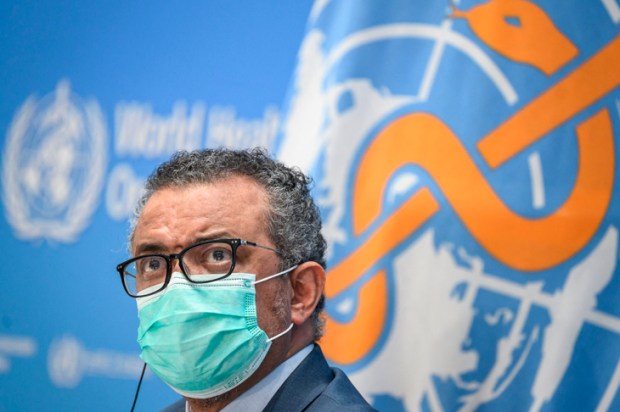
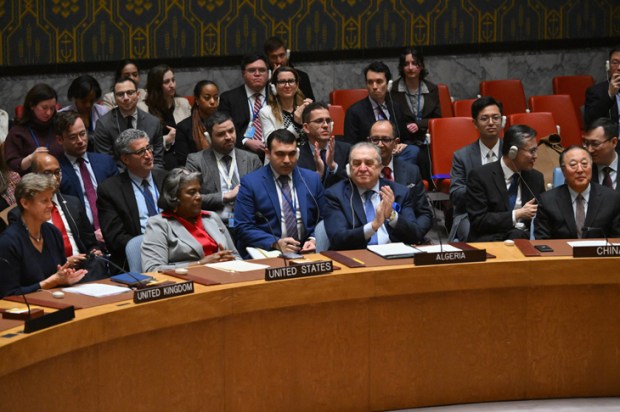
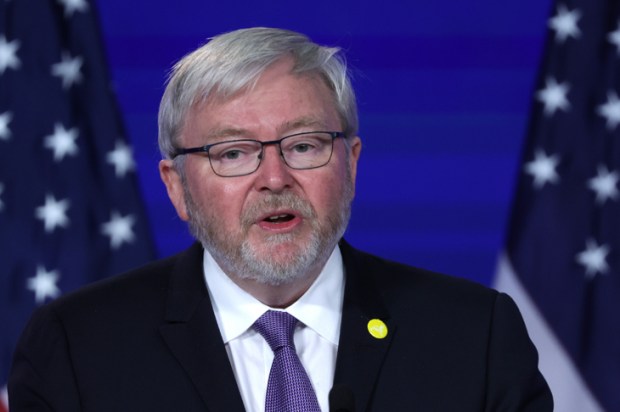
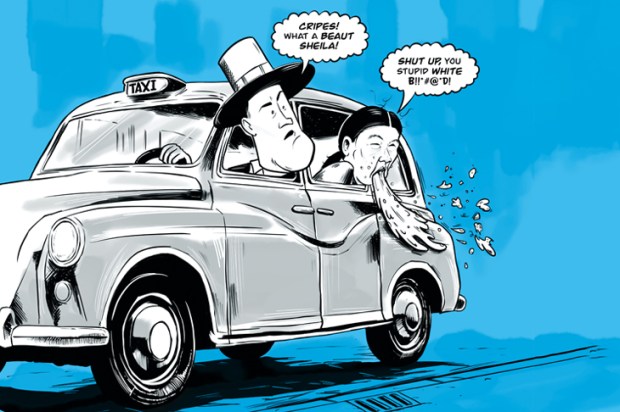
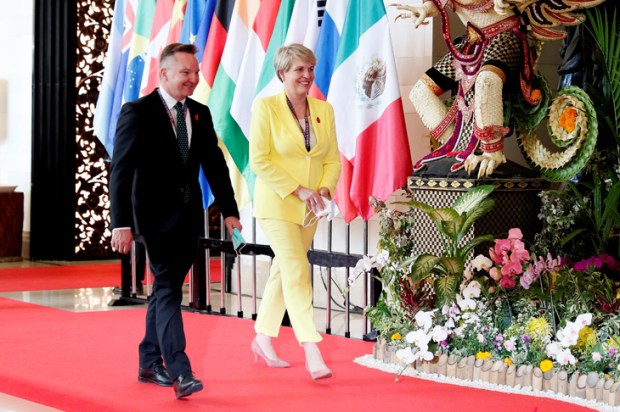
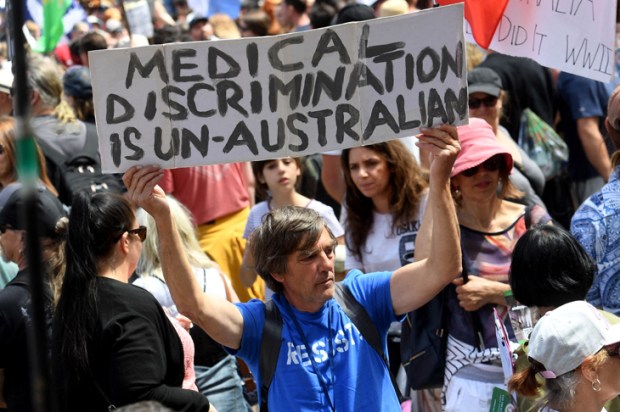






Comments
Don't miss out
Join the conversation with other Spectator Australia readers. Subscribe to leave a comment.
SUBSCRIBEAlready a subscriber? Log in